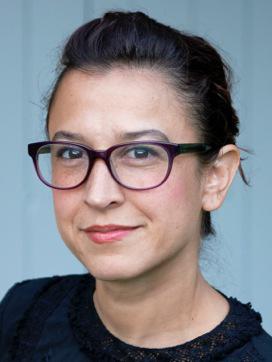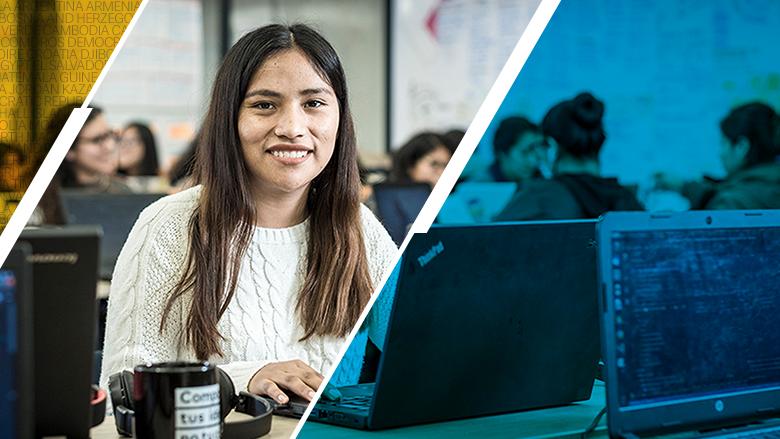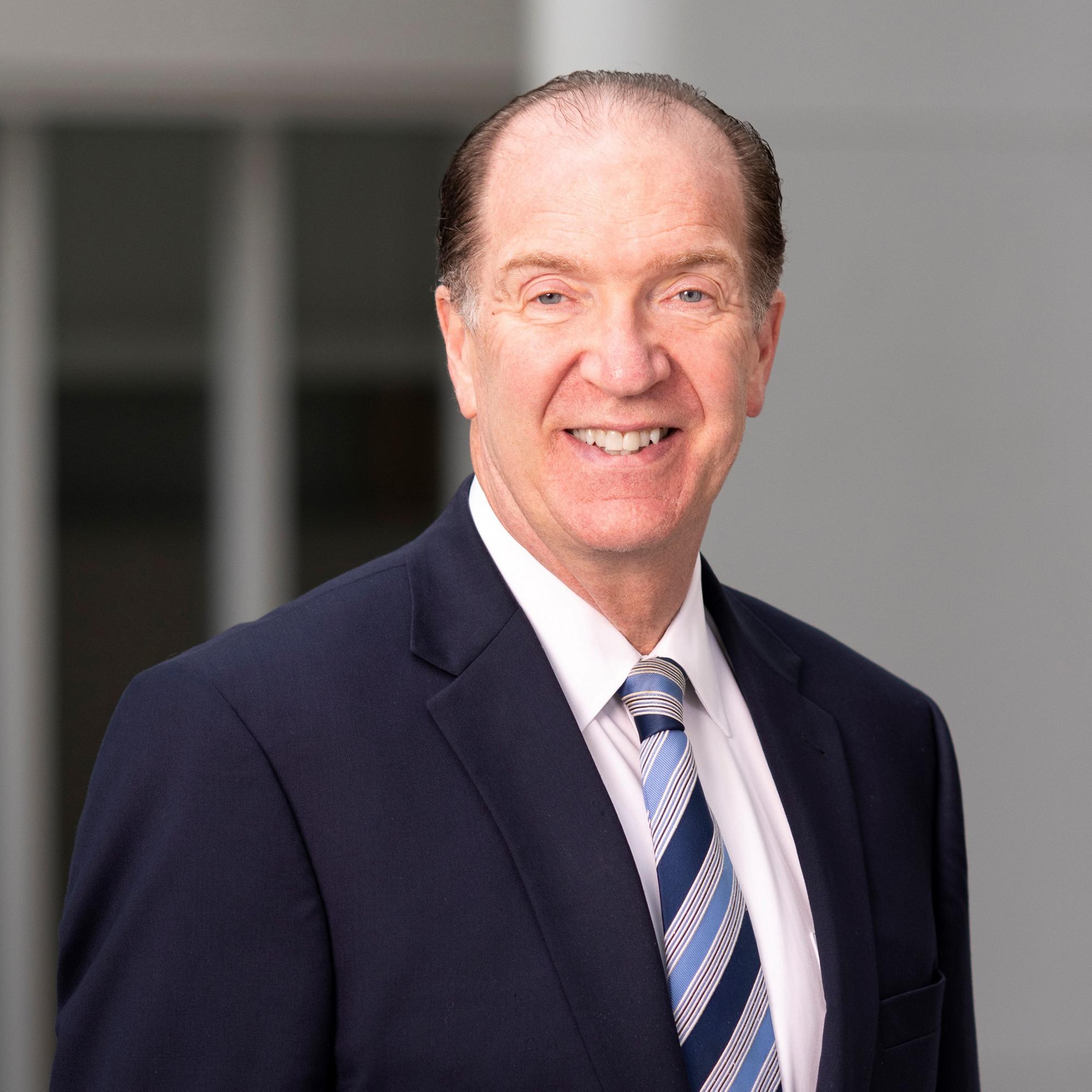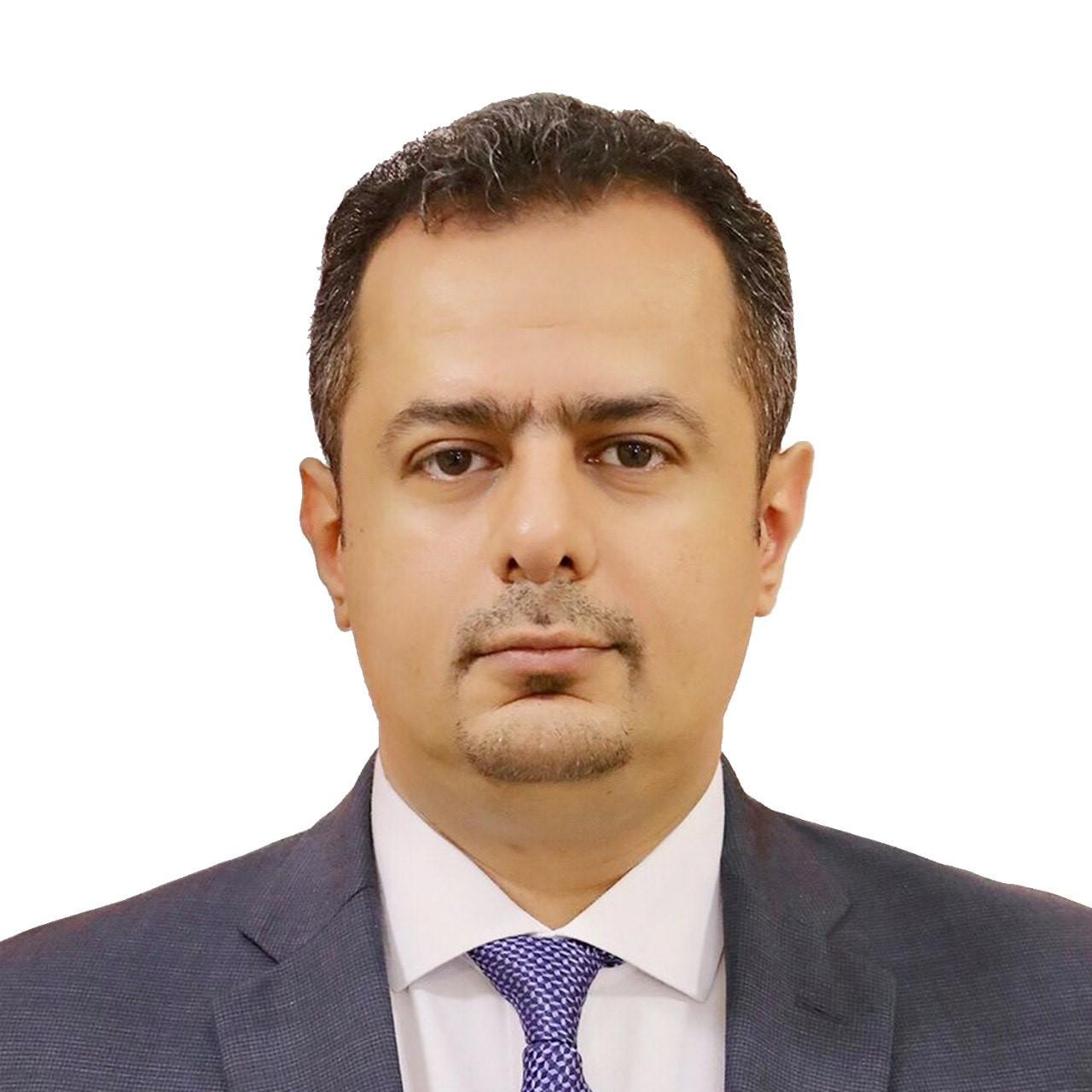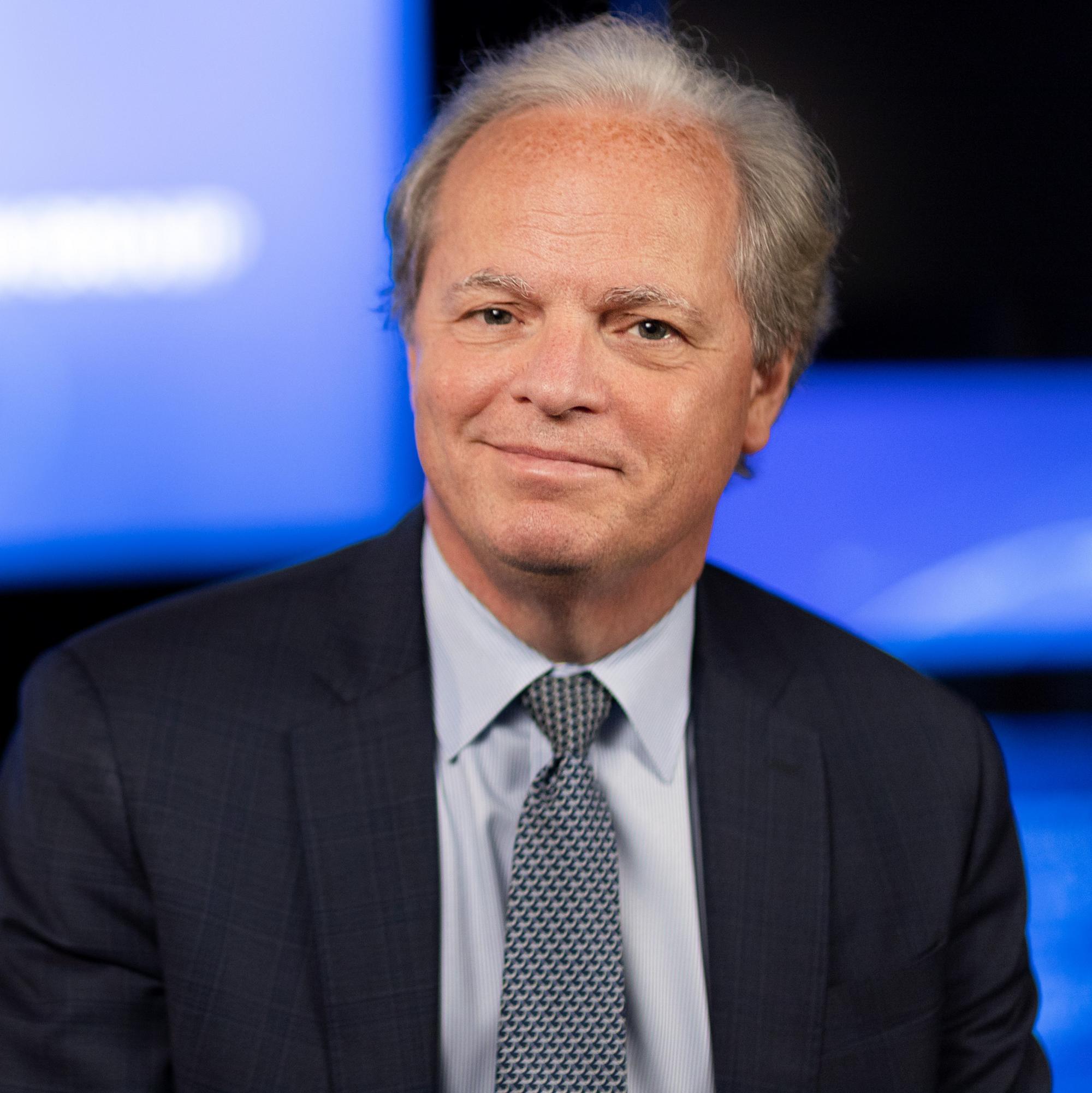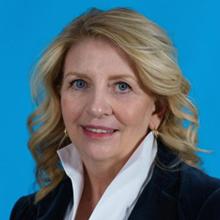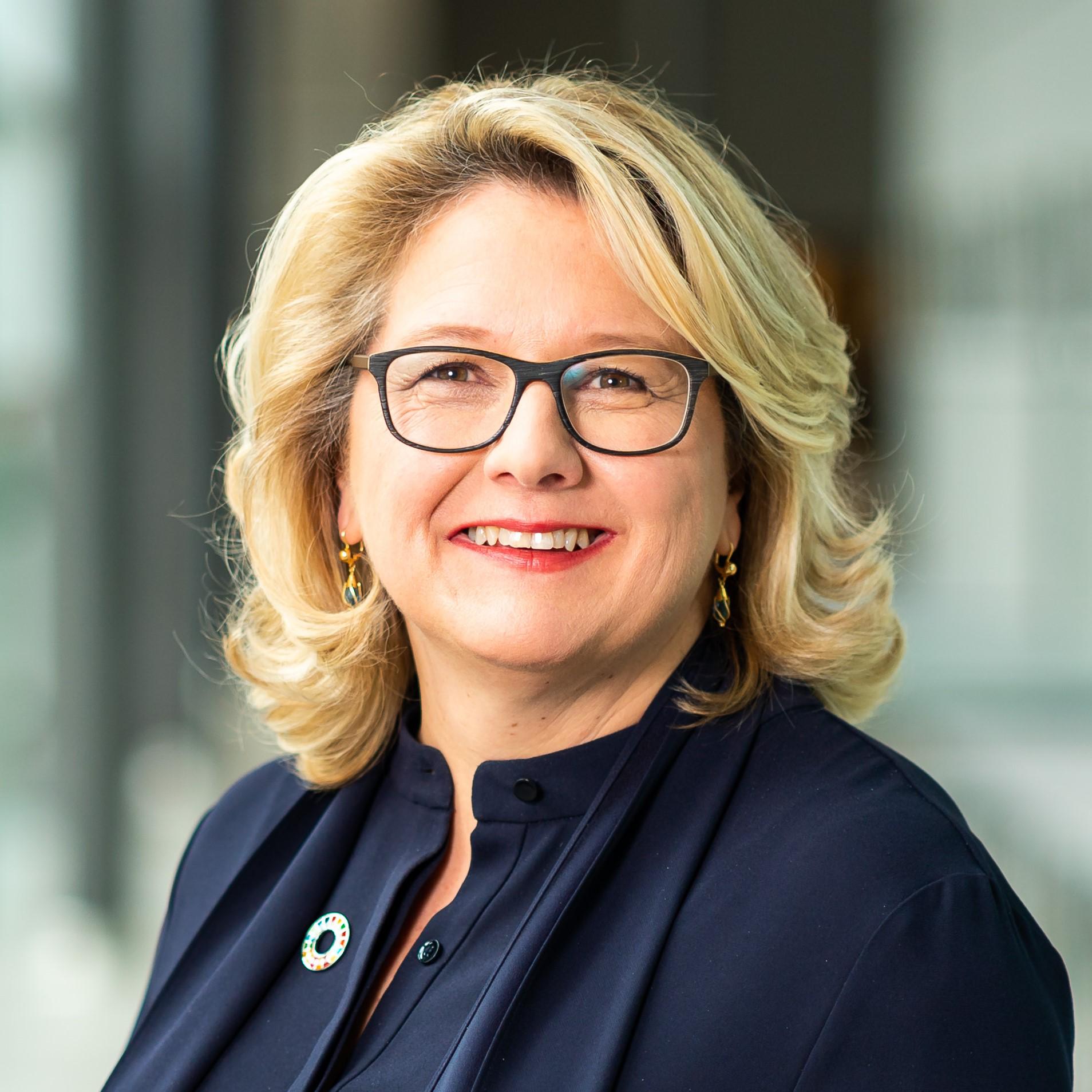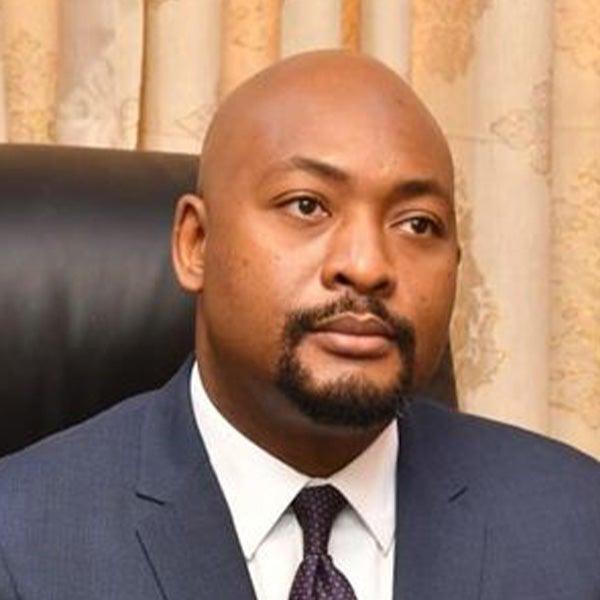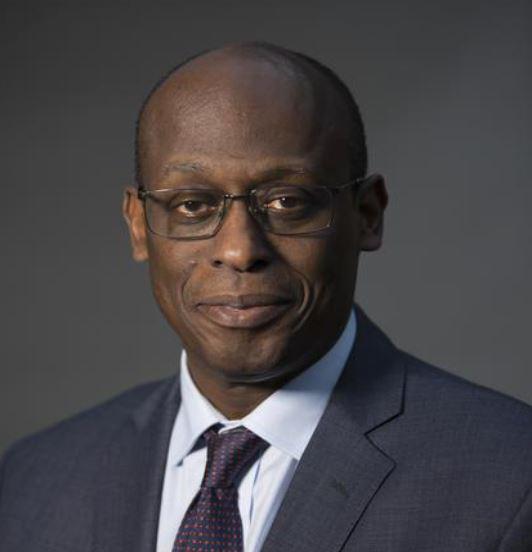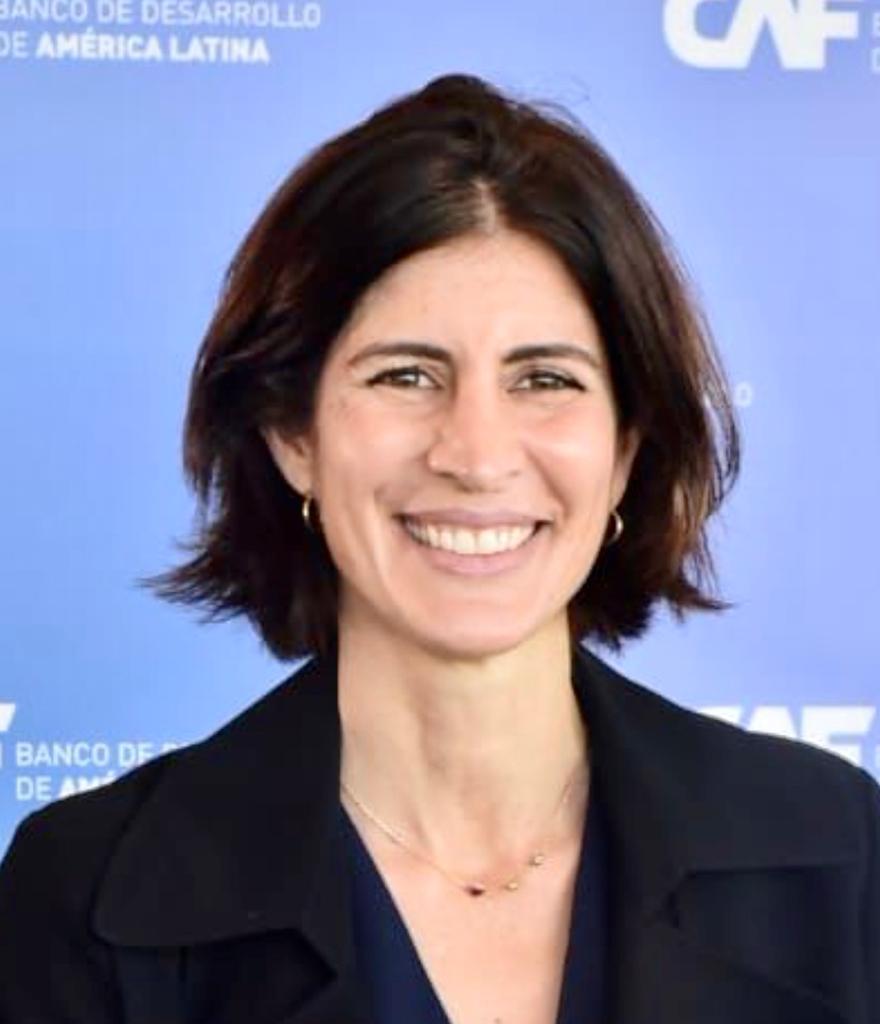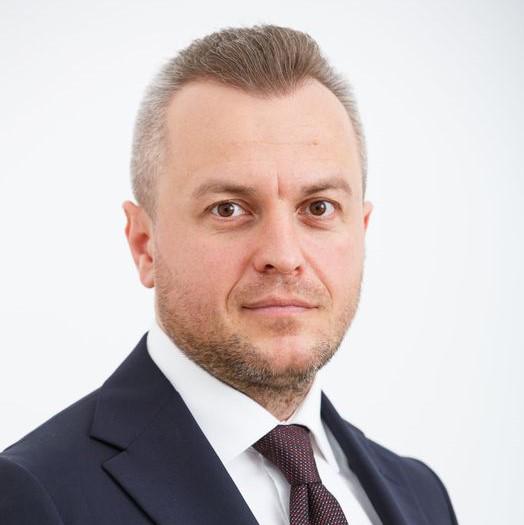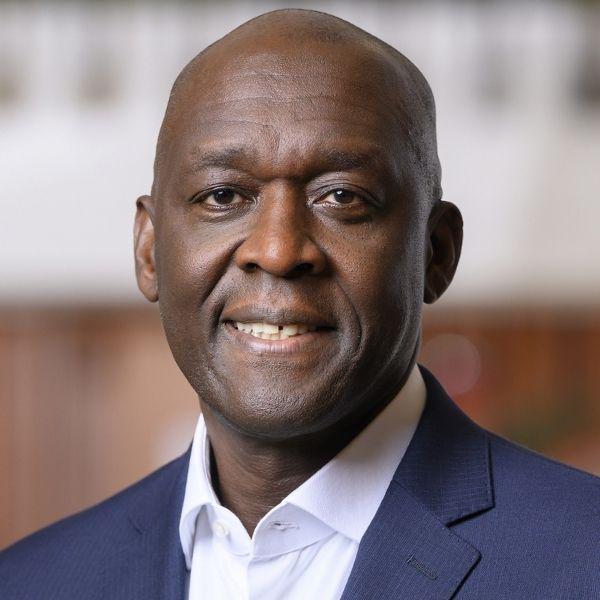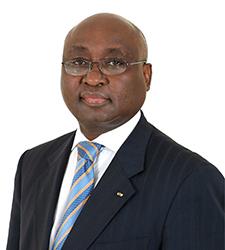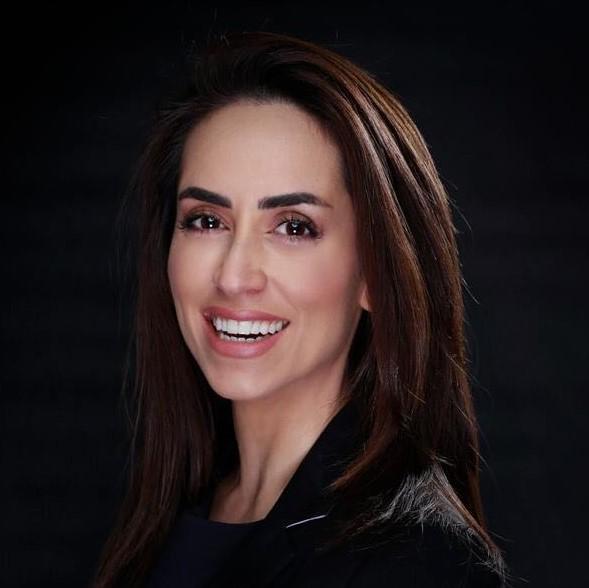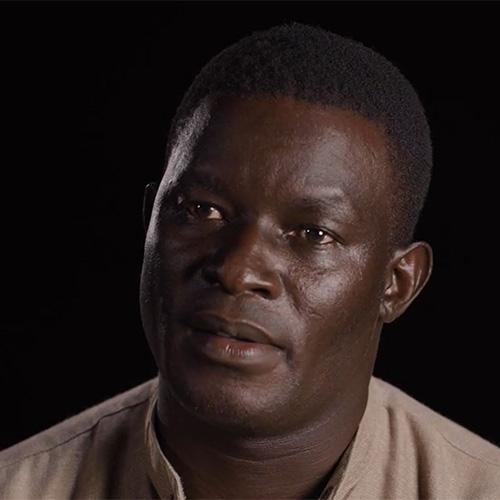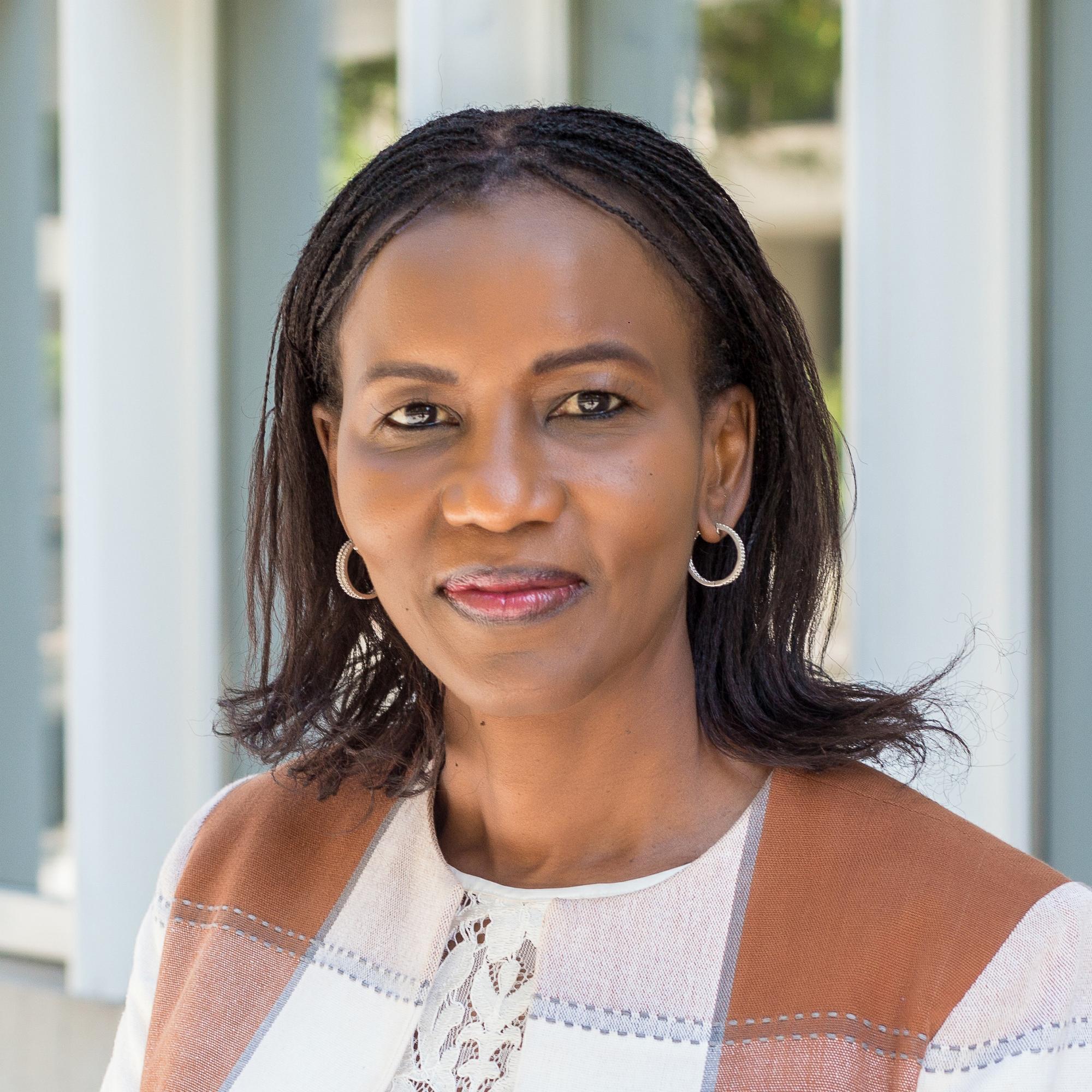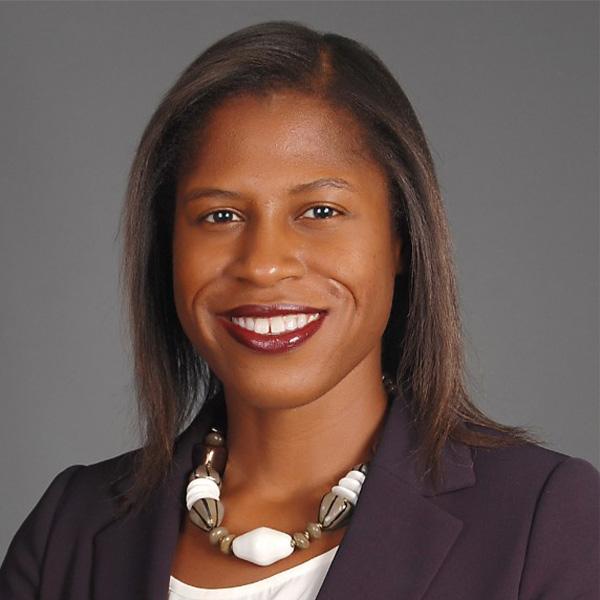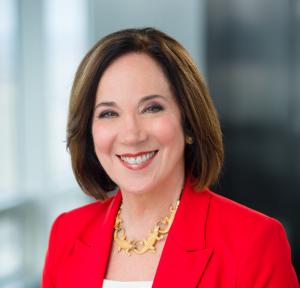For this Q&A, a great number of questions were submitted in advance. We asked the audience to help us select the questions that should be put to our experts. The star symbol ✮ indicates the most upvoted submissions.
Justin Ticzon (Moderator) Hello everyone, and welcome to On the Frontlines of Rising Fragility: Collaborating and Innovating for Impact. We'll start the event in a few minutes. Please stay tuned and submit your comments and questions using the field below.
You can join the conversation on social media using the hashtag #RisingFragility. This event will also be livestreamed on our World Bank social media channels.
Welcome everyone! I’m Justin Ticzon. I am here to moderate this chat and share the highlights of the event while Sara Batmanglich will try and answer as many of your questions as she can. Please tell us what brings you here today. Why are you interested in the topic at hand?
David Malpass, President of the World Bank Group, is sharing his opening remarks.
Coming next, we’ll hear from Prime Minister Maeen Abdulmalik Saeed of Yemen. He’ll talk about Yemen’s experience in tackling crises and what other countries can learn from it.
The first panel discussion will talk about how to support communities in the face of continued setbacks and compounding risks. It will feature some innovative partnerships between humanitarian-development-peace actors, as well as community-driven approaches that provide jobs and social safety nets, building long-term resilience.
Magayane Augustin In what way are you thinking of supporting the most fragile communities and how are you planning to identify them?
Sara Batmanglich/World Bank Hi Magayane, Bank diagnostics serve an important role in understanding some of the underlying fragilities in a given country, as well as identifying the most vulnerable communities. Once they have been identified we can then work through Bank programming to ensure they are targeted and receive tailored support.
✮ JORGE ELIECER ROA HERNANDEZ What role should communities play in conflict and violence mitigation?
Sara Batmanglich/World Bank @Jorge: The 2018 UN-World Bank Pathways for Peace study points to the importance of involving communities to build resilience, prevent conflict, and support recovery. Indeed, the study highlights the importance of shifting from seeing communities simply as “beneficiaries” to making them active partners in the development process. The data also shows that communities can help mitigate conflict and grievances that stem from exclusion and inequality by focusing on excluded groups like women, youth and migrants. As one example, the World Bank’s Community Driven Development programs have been effective in creating more inclusive and cohesive communities in conflict areas like the Horn of Africa and Solomon Islands by making them partners in delivery of critical services. This inclusive delivery approach is also taken in our projects tackling gender-based violence, particularly in DRC, where we are working to prevent violent conflict and interpersonal violence.
As evidenced by the discussion with the Prime Minister now, it's important that we learn from each crisis and continue to adapt our approaches from this global learning.
Minister Ndoba made a critical point that dialogue is often central to creating the conditions for more long-lasting peace.
✮ bonelmiyacoukanga What are the indicators of fragility and how should it be measured?
Sara Batmanglich/World Bank @bonelmiyacoukanga Fragility is not nearly as easily measured as other phenomena, and indicators alone tend to not give a full picture – therefore both quantitative and qualitative analytics are required to understand fragility’s full complexity. But there are certain key characteristics that often signpost deeper fragility – to name just a few of these, fractured or weak social contracts, low trust and accountability and other governance related challenges, and horizontal inequalities between groups, as well as other issues that engender grievances.
✮ Jean Marie What tools and resources are necessary for the sound management of fragility and conflict situations?
Sara Batmanglich/World Bank @Jean Marie: Sound management, needs consistent attention – we have to continue to update our analytics to ensure we are focusing on the right things and keeping aware of the dynamics as they rapidly change, we need to remain flexible and nimble to be able to adjust our engagement accordingly, and we also need patience. These are incredibly challenging issues and will take time to move the needle on. Remaining engaged and continuing to work with partners throughout is critically important.
DrSiMo Even in England it is a topic that has dominated my life. A constant background of conflict in Ireland where many of my ancestors lived. I had friends from Syria and Ukraine where conflict quite apparently unexpectedly ignited. In my youth some people I knew holidayed in opening up Yugoslavia. One of the most interesting consulting project I worked on was at UNHCR on their operational management IT where I first heard about Kosovo that exploded onto tv screens a few months later. The post doc projected I did at LSE turned out to be less industrial as I expected and more MOD, so conflict seems pervasive and its consequences so traumatic.
Sara Batmanglich/World Bank @DrSiMo One key message already from all speakers - partnership is essential to working on crises.
Sandeep Dixit Do we have analytics on failure analysis of past policies rolled out in existing nations under FCV category and new ones entering the group.
Sara Batmanglich/World Bank @Sandeep: Yes, learning from failures is just as (if not more!) important than learning from successes, and this reflection is a key component of monitoring and evaluation that takes place as part of programming.
I hope the panel will talk more about dealing with conflict itself & building peace - not just responding to consequences
Nic Hailey 4 days ago
Justin Ticzon (Moderator) Make sure to participate in the poll located further down the page. Kathleen & Sri will bring you the results at the end of this event.
Sara Batmanglich/World Bank "Hope is the most powerful glue that sticks humanity together" incredibly inspiring words from Victor Ochen.
Justin Ticzon (Moderator) Our guests will discuss what we have learned about the needs of refugees, the challenges faced by host countries, and some progressive efforts at integrating refugees.
Sara Batmanglich is continuing to answer your questions in real-time in this chat. Thank you, Sara!
Sara Batmanglich/World Bank "The key lesson is that pure humanitarian responses are inadequate". Again, this points to the primacy of partnerships with governments, development actors, with private sector and with local civil society to be able to deliver to refugees and host communities.
✮ Patricia Takouma BANDO MONGOHINA How does the World Bank manage or address social situations in conflict zones and in areas or countries that host refugees?
Sara Batmanglich/World Bank @Patricia: Being aware of social dynamics and how these could potentially be negatively impacted by a crisis and/or an intervention of the international community, is an essential feature of the “do no harm” principle that the Bank takes very seriously. In refugee hosting areas, ensuring that the needs of host communities are also addressed, in addition to those of refugees, and that all groups receive access to services being provided – is very important.
Ismaila A. Hassan We need to tackle the immediate drivers of these multiple fragility we are having around, and we can do it if we put our heads together.
Sara Batmanglich/World Bank Agreed, Ismaila - indeed we can ONLY do it if we work together.
sasaemmaj World Bank should invest in agriculture, health, education so that people in global could have enough food to eat.
Sara Batmanglich/World Bank Huge productive potential of refugees - that can be maximized and capitalized on to the benefits of everyone.
Justin Ticzon (Moderator) This last conversation will focus on the role of the private sector in sustaining economic activity in the context of prolonged fragility or conflict.
Eugene Rhuggenaath (Curacao) Should we consider people displacement and migration as a 'new normal'? If so, how are we as international community prepared to manage this?
Sara Batmanglich/World Bank Forced displacement is different than migration that people undertake for a variety of reasons. Both will need different responses. That said, Eugene, I agree with you that we probably should consider both of these phenomena as the ‘new normal” and we need to prepare accordingly. As we have heard from the last panel, we have learned a lot about how to respond and support both the forcibly displaced as well as those who migrate, but there is much more work to be done and we need to continue to update our policies, programs and approaches to keep pace with this “new normal”.
Justin Ticzon (Moderator) Last chance to answer the poll below before we go to Kathleen and Sri with the results.
GILLIAN DARE Fragility in most countries is not the same for everyone. Pockets of minority communities(often overlooked), gender, women & children, young people and the very old and disabled are often the most vulnerable. Large scale programmes do not adequately reflect this leaving many people out. What more can be done to consult with these groups about the challenges they are facing and how best theycan be helped to overcome them?
Sara Batmanglich/World Bank This is an excellent point, Gillian. This is why taking a differentiated approach is essential – beyond just being a fancy word, what that means is going the extra mile, through our diagnostics, through consultations, to identify what the needs are of different groups and not just assume that everyone has the same vulnerability or experiences the same challenges. In order to do this, we work hard to try to disaggregate data wherever possible, and consultations with different stakeholders are also highly valued and are a key component of our analytics and our operations.
Sara Batmanglich/World Bank Ms. Nazzal-Batayneh makes an excellent point that investors also need to change their mindset, and that targets on gender, refugee, and disability inclusion can be added.
AKINRADEWO A.M.OROBOLA Thank you WBG and staff, for bringing us together
How can WBG partner with other smaller NGOs that were directly connected with the grassroots or local communities? Also, how can private partners impact and be intensively included in bringing changes to the economy, reducing extreme poverty and building better communities? As we know New technology and Innovation can improve business, Education, Improve the Economy and add to a resilient future, how can this apply in conflict and fragile countries? where resources are limited, and what can we do to achieve inclusion and build stronger?
Sara Batmanglich/World Bank @Akinradewo: The issues you raised in your question point to the need for multidimensional and comprehensive responses to fragility and poverty reduction, that include partnership with grassroots organizations, local communities as part of the solution, as well as the private sector, technology, and quality education of course being an essential foundation to all of the above.
Sara Batmanglich/World Bank Ms. Kane making a critical point that crises do not affect men, women, girls and boys the same way and that we must work to understand these different impacts, as well as to focus on inclusion in all our programming.
Justin Ticzon (Moderator) That concludes the discussion. Thank you to all who tuned in! The recording of the event should be available momentarily on this page. For more information about our work on fragility, conflict, violence, and forced displacement, visit:
www.worldbank.org and www.ifc.org.


